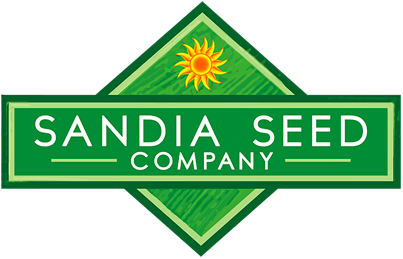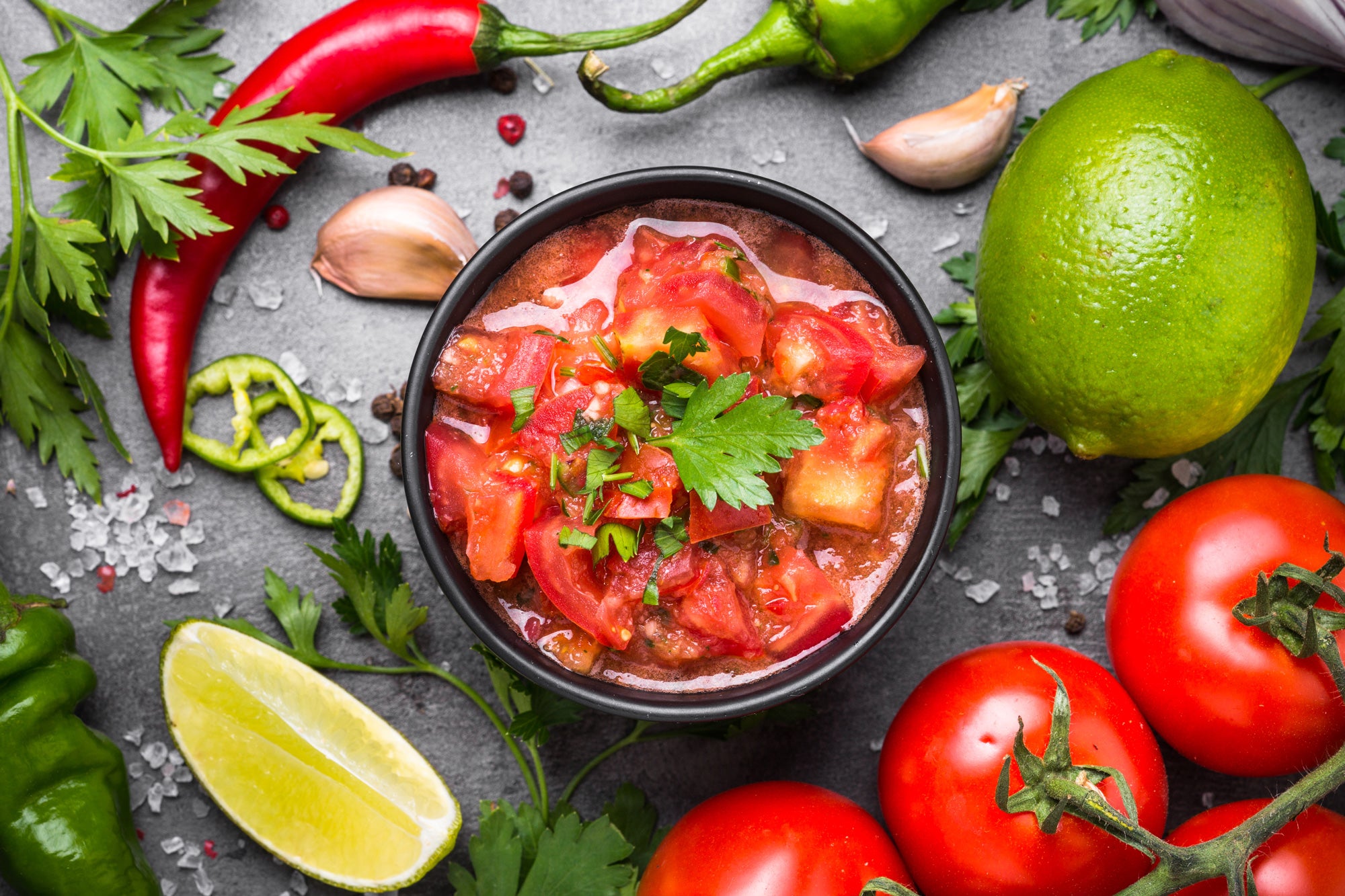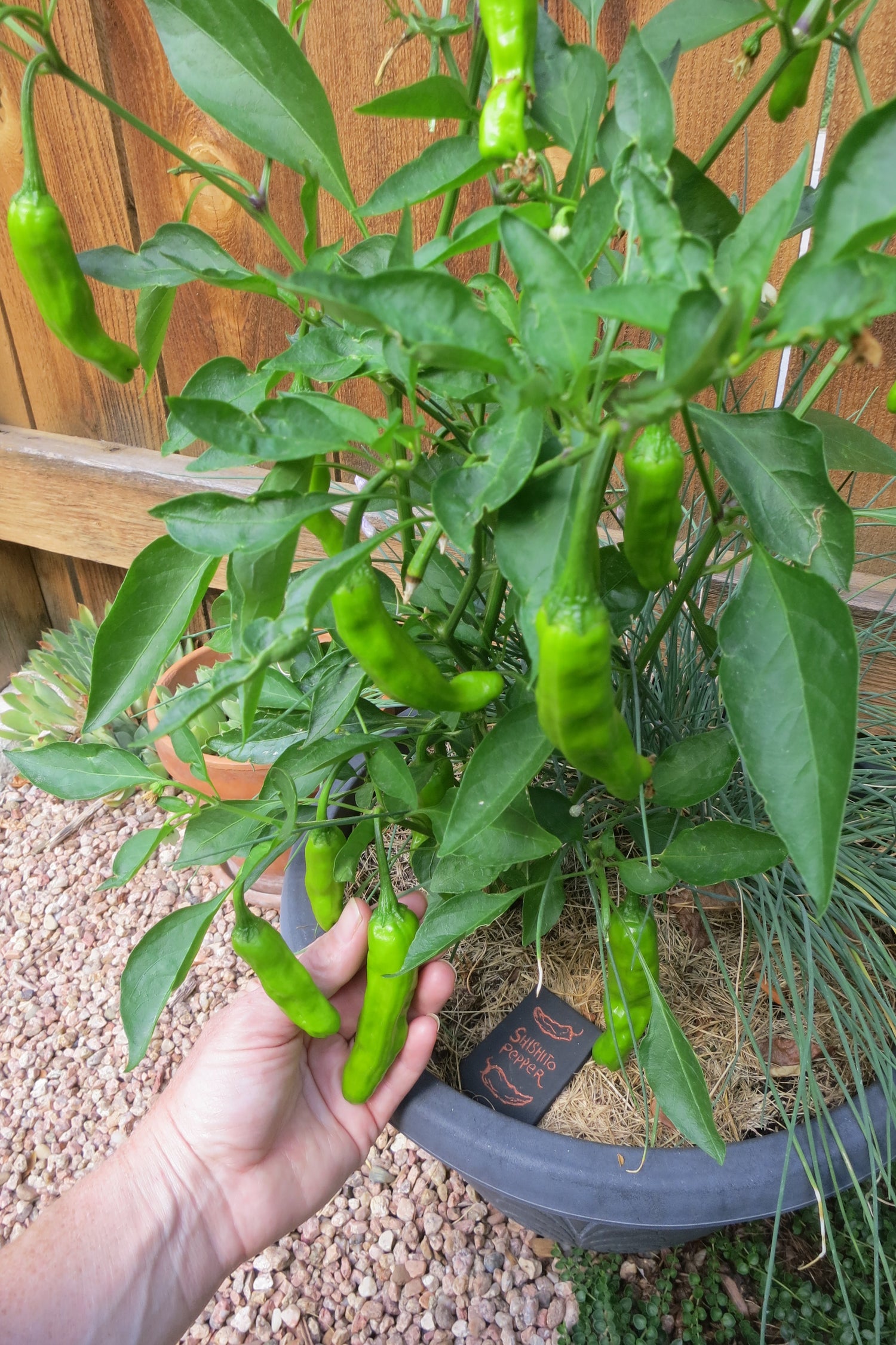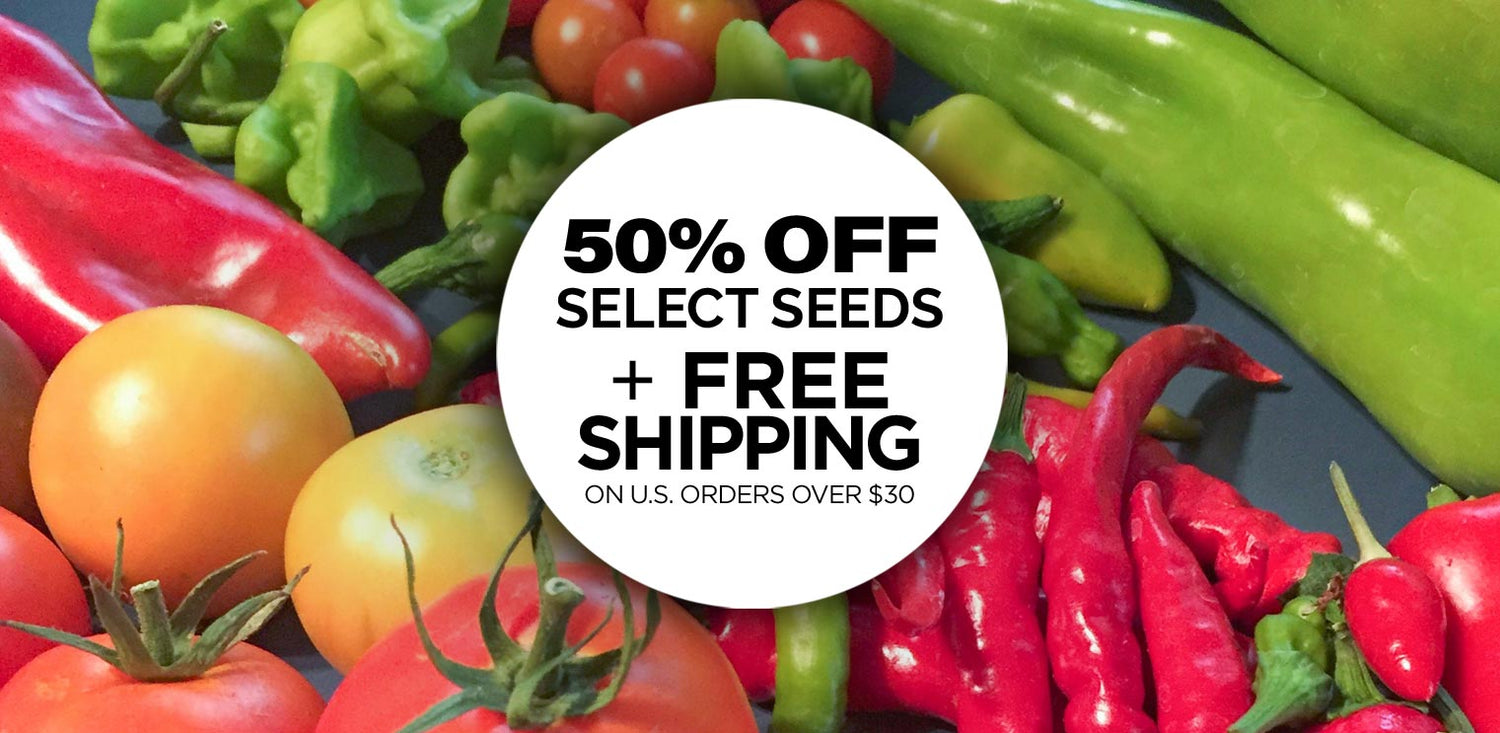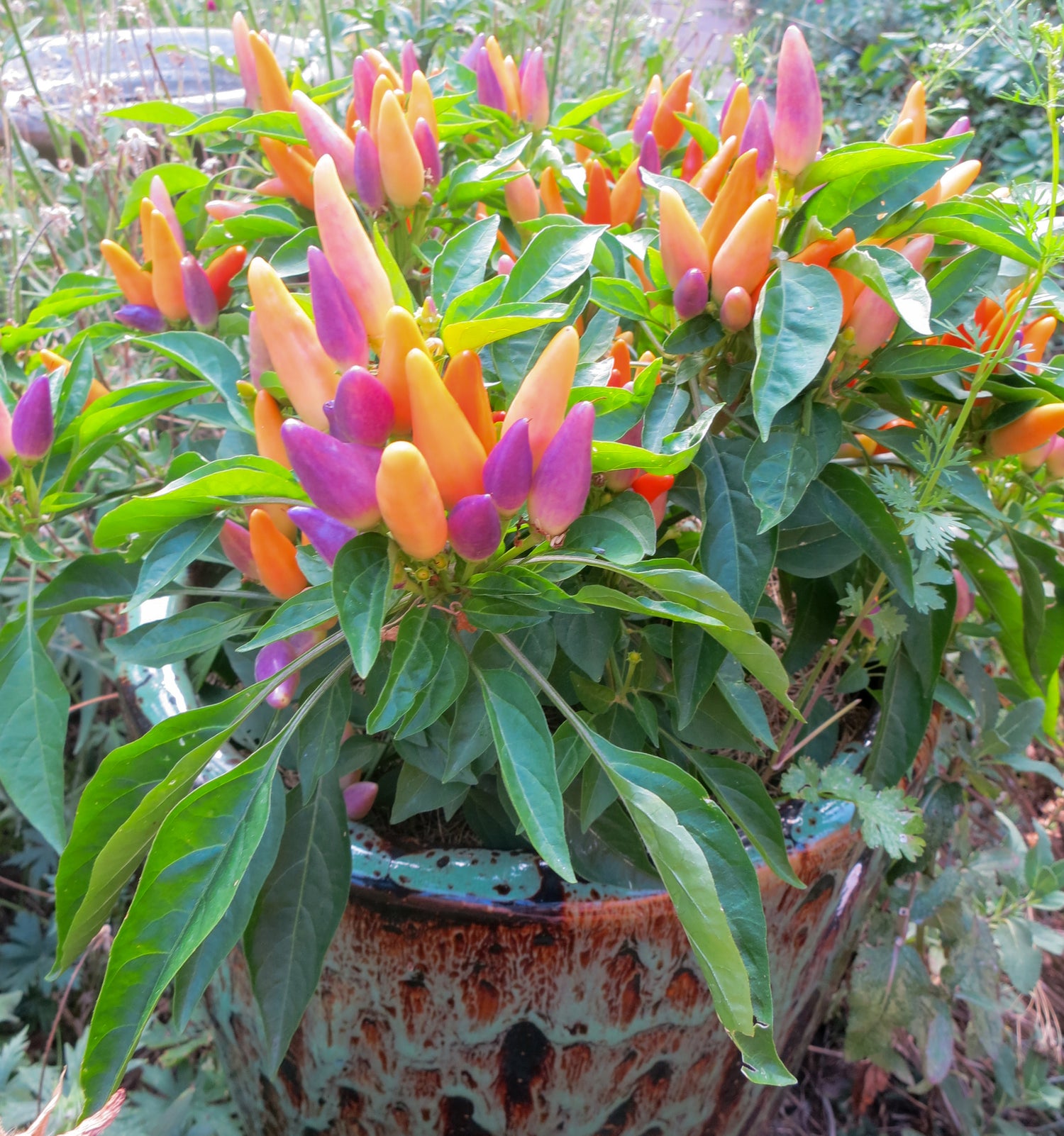Diversity is important for the resilience of seed systems. Just how diverse are the seeds that produce our food? Here is a chart of the “Big 6” agrochemical/seed firms combining recently into a Big 4. See Chart. These four firms are now estimated to control over 60% of global proprietary seed sales. Yikes!
Seeds grow food - Yes, you can grow almost all the produce you need for the whole year. Here is a detailed article with info on how to do just that. Produce per person. This page contains information about producing vegetables and soft fruits per person, and the amount of garden space needed.
Many of us might think we do not have the skills to grow everything we like to eat, but the only way to acquire those skills is from trial and error in your location with your soil. Everyone’s garden is different, and you can become your own expert. Gardeners are always learning something new, and after 3 seasons you’ll know what is working, and what is not. This is also the time it takes to build good organic soil and a stable bio-system of beneficial insects. Today, you have markets with an abundance of produce to back you up. So, dig in. It was an eye-opener last year when all the romaine lettuce shelves were empty for a month in every store.
Seeds are smart - They have 3 times more chromosomes than humans and evolve quickly to survive in their environment and create locally adapted varieties. Plants can adapt to temperature change, insect pressure, soil pathogens, bird and mammal pressure and anything else that comes their way to sabotage reproduction. They save this information in the seeds they produce to pass it on to the next generation. So, save seeds from the plants that are most successful in your area. With a continual seed selection each year, your seeds can respond proactively to climate change and you are preserving genetic diversity. Seed saving is something humans have done for over 10,000 years.
Share your seeds - Local neighbors who have the same environmental conditions will benefit from your seed selection endeavors. Seed libraries are a great place to deposit and check out seed. It’s a place where community members can get seeds for free or for a nominal fee and is run for the public benefit. Many seed libraries are open in public libraries and community centers. For some communities, getting folks to garden and grow some of their own food is the focus. For other communities, seed libraries may be created as an important step to develop a network of seed savers, to create locally adapted varieties, to respond proactively to climate. Locate a seed library near you.
